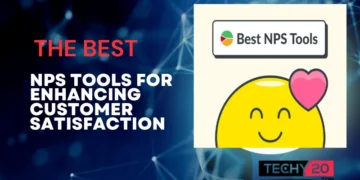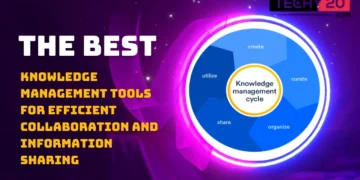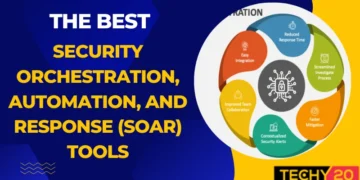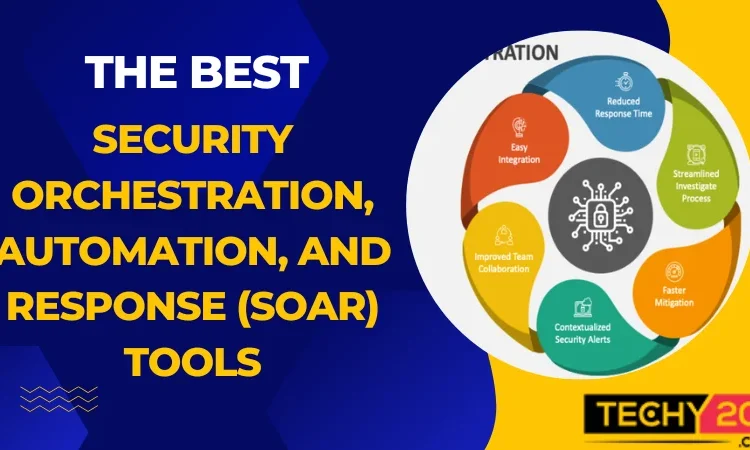In the new era of technology, artificial intelligence and robotics play a very important role. Robotics is defined as the science branch that deals with the study of robots. Software called robotic process automation (RPA) makes it simple to create, use, and operate software robots that mimic how people interact with computers and software. It uses software robots to simulate how a business process would be carried out by a human. In other words, it executes the activity on a computer, employs a user interface similar to that of a human worker, clicks, types, opens programmes, and utilizes keyboard shortcuts.
1. Sales And Orders
Orders and sales in a business decide the future of the company and workers. So, it is one of the most important goals to achieve. RPA allows sales activities to be completed from beginning to end by automating tasks like sales, invoicing, salary order entry and other related tasks. Eliminating redundant data, it will aid in database maintenance, enhance customer pleasure, and boost sales staff satisfaction by freeing them up to concentrate on their main objectives of prospecting and generating more income.
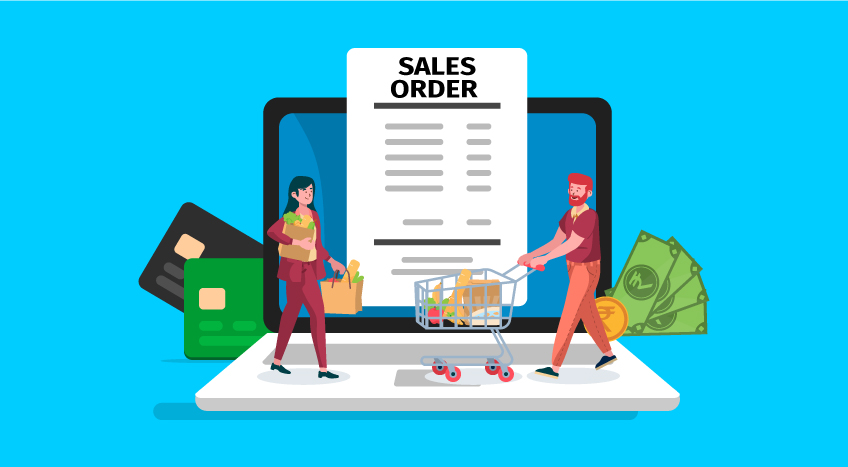
2. Customer Data Storage
A person’s privacy is very important, and a company needs to store and protect the given information about the customer. RPA assists in classifying, archiving, and organizing diverse customer data types so that it is easily accessible. Different data kinds, including contact information, purchase history, preferences, and individualized data like birthdays and anniversaries, will be automatically categorized by the system. Salespeople, customer service reps, and other staff members can access the system’s whole database. It is not essential to manually input this data or to worry about its accuracy.
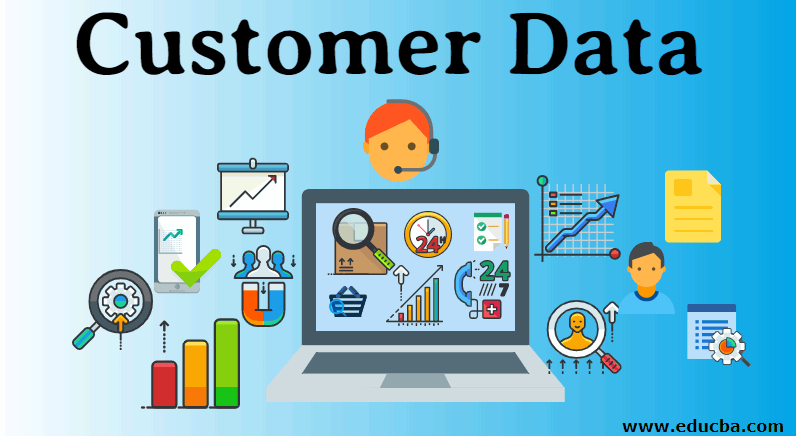
3. Customer Service
From ancient times, till now, faster replays and solutions for complaints are the basic needs of a customer. And it is easy in this advanced technology world. Automated customer support systems can classify questions and give customers quick answers. The automated system has numerous categories for which it can categorise requests, including service support, technical support, etc. Sorting ensure that questions are sent to the right customer support representative for a timely answer.

4. Price Comparison
Confusion while purchasing a product is a common scenario. And price comparison is the biggest task in front of the buyer. And now RPA has a solution for that also. Many businesses are now using RPA since conducting research may be difficult and time-consuming. The system may evaluate a product’s qualities, features, and prices from several sellers. Businesses and clients can buy the best resources for the lowest price.
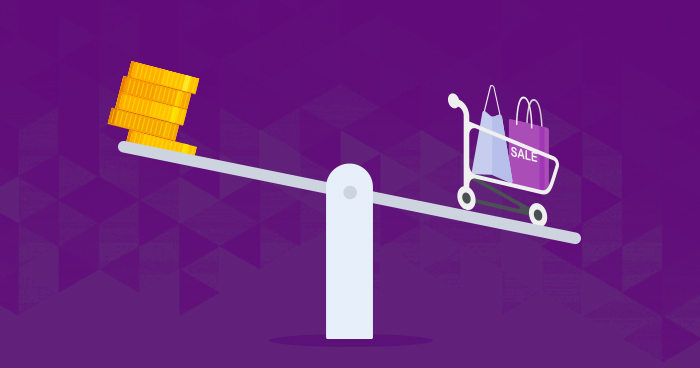
5. HR Information Processing
Men can make mistakes. But when it comes to confidential data and information, the mistake will cost of the business’s reputation. A profitable business creates a lot of pertinent data that can be not easy to sort through and organize. Using the RPA system, all the data that which HR department needs may be gathered and arranged. Information like work history, pay stubs, reimbursements, and degree of training can be organised and stored using RPA.
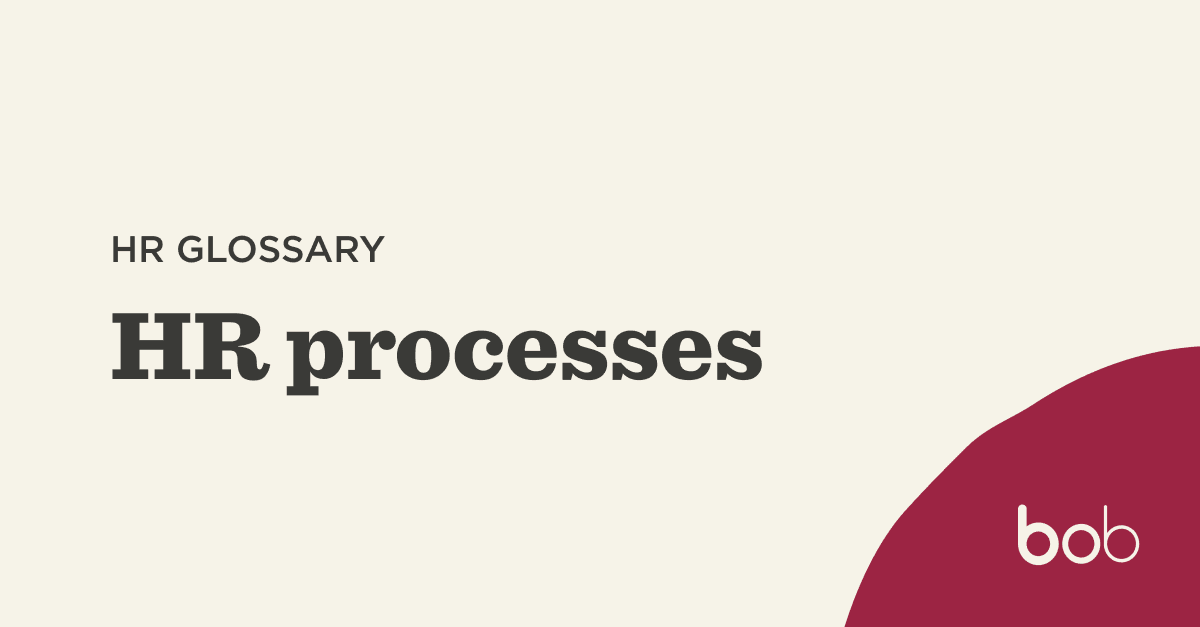
6. Payroll Processing
Any organization’s HR departments must do the time-consuming, repetitive task of processing payroll, which requires a significant amount of data entry. Data mistakes, payment holdups, and employee dissatisfaction could result from this. One of the finest RPA use cases is payroll processing. RPA may check staff data accuracy across several systems and analyze timesheets, load earnings, deductions, and employee data. Additionally, it can automatically generate paychecks and manage benefits and reimbursements. RPA can completely automate payroll procedures, avoiding errors and delays in the process.
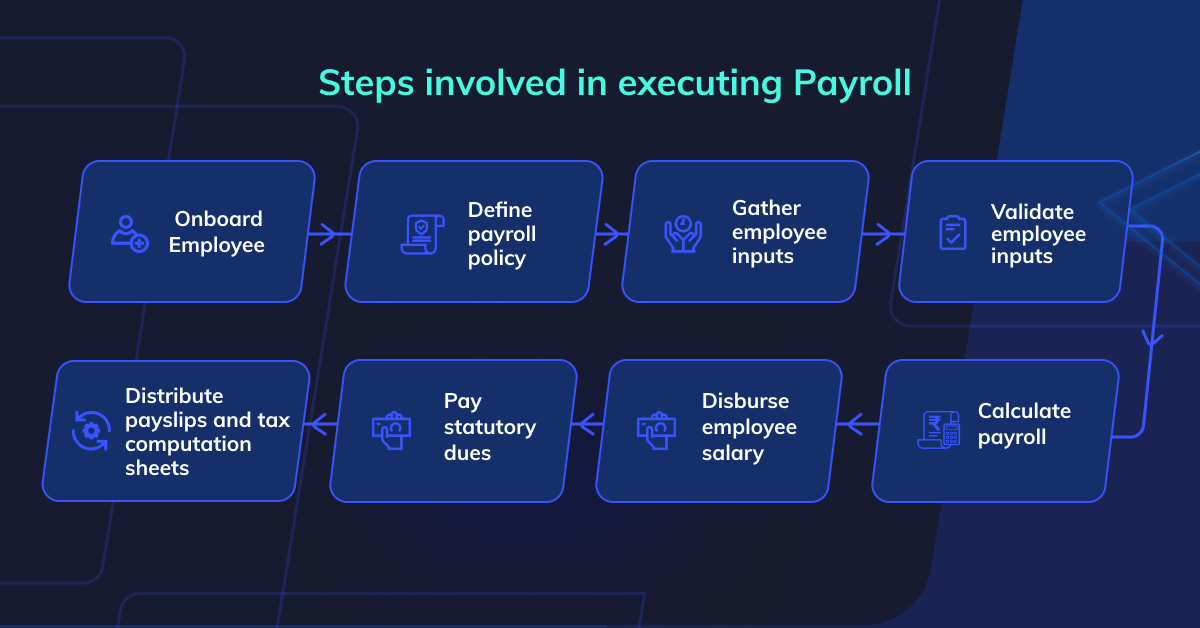
7. Invoice Processing
Due to the enormous volume of invoices to be processed, manual processes must be repeated, which causes payment delays and mistakes. If payments are completed on time, vendors will supply high-quality products or services. Processing invoices must overcome a several challenges, including the necessity to combine data from many sources into a single financial database system and invoices with various forms. When invoices are generated, RPA automatically processes them. The paper-based or message invoice format can be automated using OCR.
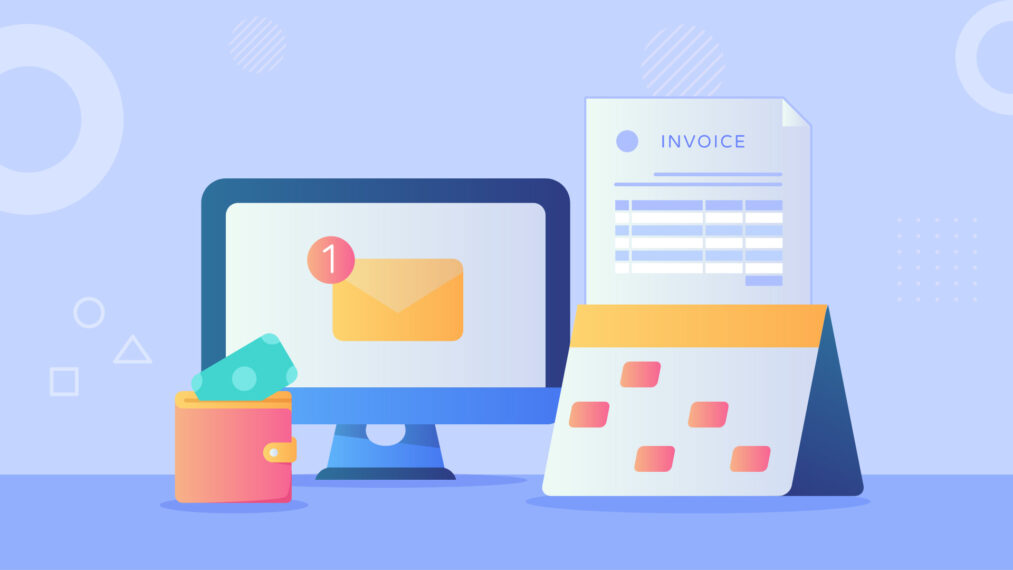
8. Fast-Refund Processing
Every purchase can not be successful in daily life. So, returning the product and requesting for refund is the option left for unsatisfied users. And for the business, processing this request is a big task. The reputation of a company is based on how quickly it can process refunds. Customers desire a quick and perfect experience, but it’s not always easy to deliver. It can be challenging to sort through the volume of information produced by complaints and return requests. The RPA system effectively manages the circumstance and rapidly completes the refund.

9. Credit Card And Mortgage Processing
Credit cards are the essential virtual payment way, which also provides so many offers and customer services. RPA expedites the credit card issuing process by automating verification process and verification based on pre-established rules and procedures. Bankers, like mortgage lenders, are required to perform a number of background checks, including ones involving income and credit history. The implementation of RPA, which is founded on clear algorithms, accelerates the entire procedure. RPA has made it possible to identify such frauds in advance. Banks are now able to recognize and alert customers about accounts that may be problematic, thanks to automation.

10. Recruitment
Robotic process automation, which can greatly speed up the process, can also improve the recruitment industry. The system may gather resumes from different sources, assess their value, remove spam or undesired applications, and consider other factors. The hiring process could be greatly accelerated by doing this. Recruiters will feel less anxious and better equipped to comprehend each application. Critical hiring processes, including screening, evaluating, measuring, onboarding, and governance, can be handled to a 90 to 95 percent degree by RPA.

11. CRM Updating
CRM interactions and relationships must be updated, but doing so is time-consuming and ineffective. All client interactions must use Salesforce as the single source of truth. Businesses can integrate their call, email or other communication data into CRM, thanks to a new class of technologies that are only starting to emerge. If you can’t come up with a workable alternative for the CRM system, you may create a straightforward bot to modify CRM records using customer information.
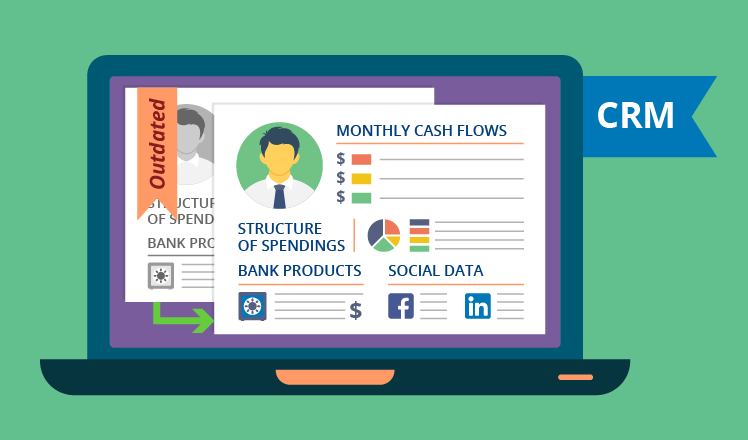
12. Different Forms Of Data Extraction
Data may be presented in a various formats, including editable text and handwritten notes. Data entry specialists find it challenging to comprehend the information and enter it into the computer. Data from different formats can be easily scanned and entered into the system using optical character recognition technology. Without compromising the accuracy of the data, the entire process can be automated. If your firm needs to collect and maintain data from several sources, RPA is a great investment.
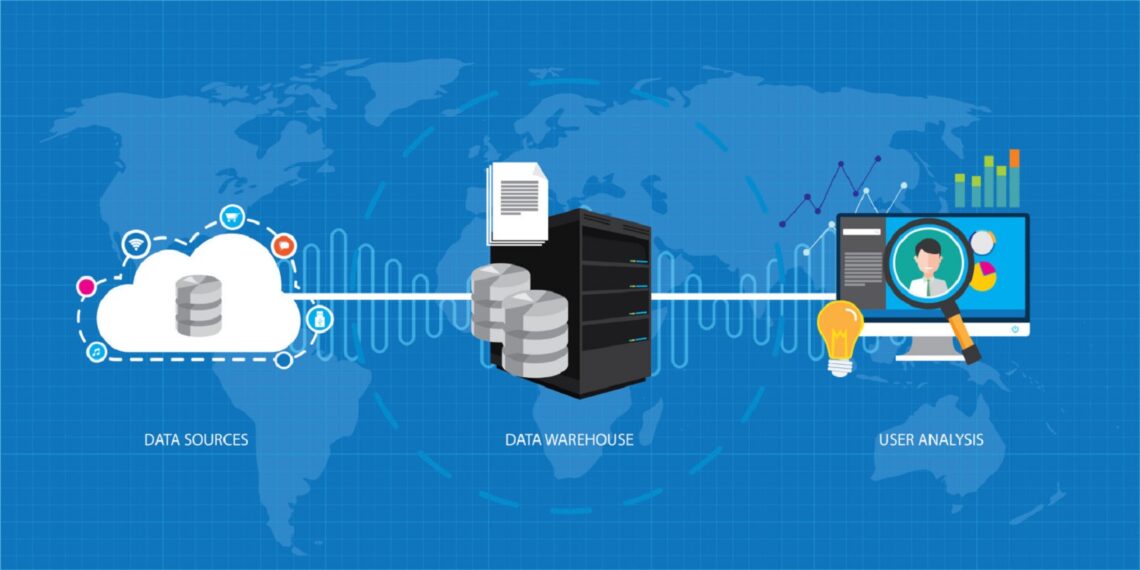
13. Automated Testing
RPA technologies developed from user interaction testing tools. Software testing is possible, but it’s also crucial to test from the user’s point of view. Common test scenarios are automated using RPA tools, so these tests are carried out after every revision to ensure that no new bugs are added to the code. Based on the distinctive feature created in each new edition, more creative manual tests are needed. On the other side, automated testing using RPA tools can improve software quality and accessibility.
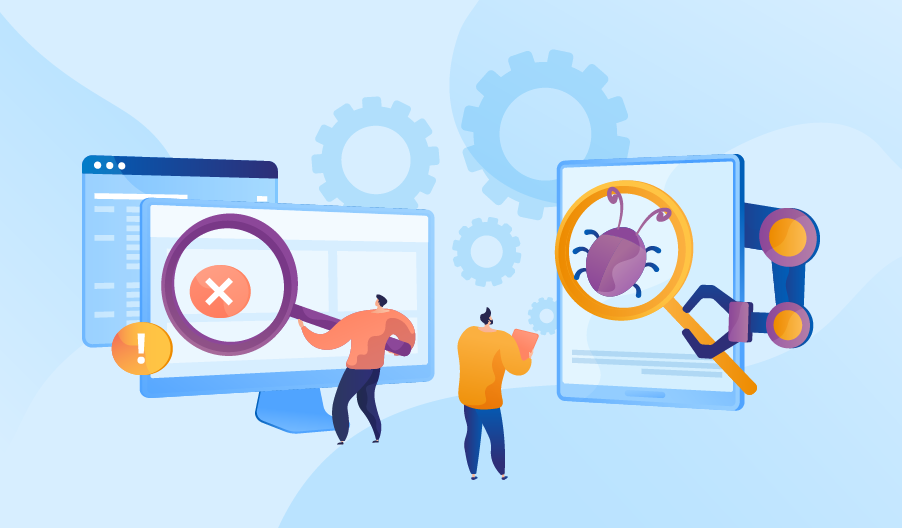
14. Telecommunication Automation
The telecommunications industry employs numerous manuals, repetitive rules-based processes, all of which are essential for delivering services at their best. Additionally, telecom businesses must be prepared to meet the growing demand for their services. In the telecom sector, RPA lowers error rates to almost zero, improves data quality, customer satisfaction, and operational effectiveness, all while saving money. RPA technology enables telecom firm employees to gather business process tasks. Based on employee behavior, a well workflow is developed, which forms the basis for automated processes.

15. Insurance Claim Handling
Claims management is the main activity of every insurance firm. Since consumers make claims during difficult times, customer service and efficiency are essential in the claims processing procedure. Multiple factors contribute to claims processing issues and personal biases, which can generate losses, unhappy customers, and a lack of transparency in a crucial process. RPA bots can take care of all of these issues. Bots handle claims in accordance with predefined protocols by taking complex data from forms, extracting structured data, and doing so. All of the main issues with manual claim processing are resolved by this solution. Without training, rules can be changed in reaction to regulatory changes, providing quick compliance.
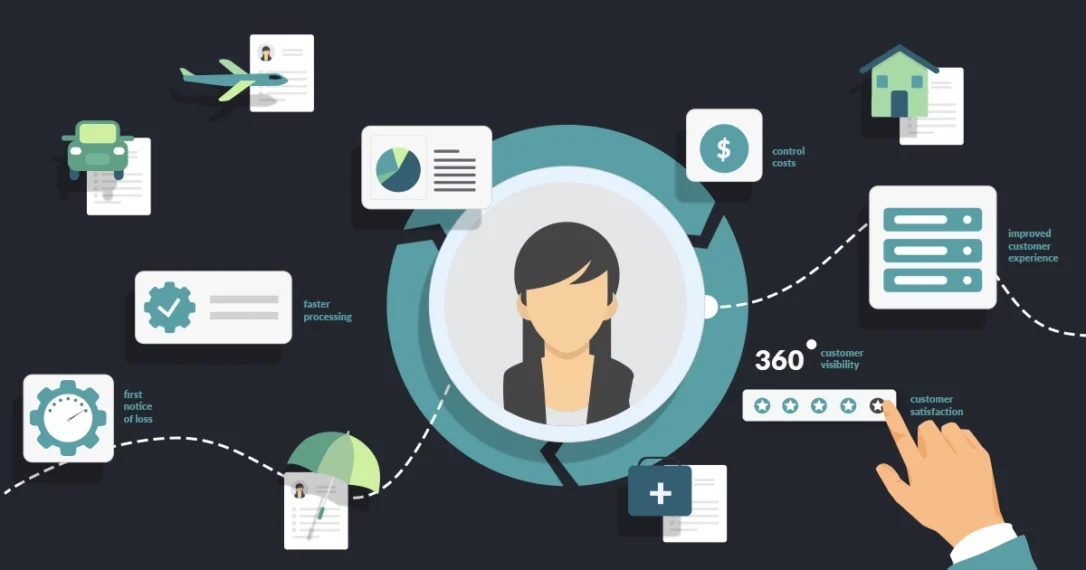
16. Medical Billing
Healthcare is an important sector at any time. RPA can be used to streamline and automate critical medical procedures. Work together to gather data from both internal and external stakeholders. It is best to merge these individual operations into a solitary, concentrated procedure. Because of the auto-billing procedure, hospital billing network operators can provide their client healthcare providers significant savings.

17. Financial Planning
Financial planning requires the laborious process of processing and merging income reports from several departments in an automated Financial Planning & Analysis (FP&A) system. Data was pulled from bank statements using intricate spreadsheets to balance records and correlate them to the business’s records. However, it is a process that is extremely easily automatable. Keep in mind that if the company changes banks, rules-based automation might not work. It’s best to evaluate the outputs of the bots once your company switches to financial service providers.

18. Expense Management
Despite the existence of sophisticated specialist expenditure management solutions, the majority of firms continue to use outmoded methods that necessitate that employees divulge specifics about their spending. Most of these details, including the cost of the purchase, and the time and place, are already on employee receipts. OCR-capable RPA technology enables needed fields from tickets to be automatically extracted, saving personnel time on costs. Additionally, they won’t need to carry passes because they can just take a photo of them to extract the necessary information and complete the necessary fields on the expenditure form.
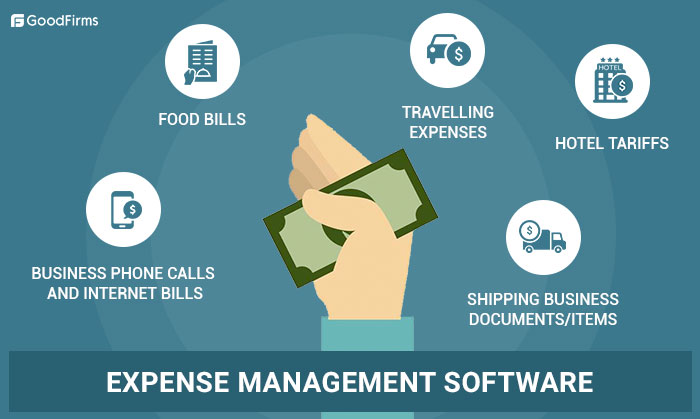
19 . Lead Generation
The production of leads is a crucial part of modern marketing operations. Marketing teams add new entries for possible leads to a CRM system acquired from other sources. Some CRM platforms already offer the ability to upload data. Most older programmes need users to manually enter the data for each new lead. As a result, there is less time for other responsibilities, and the likelihood of error rises. RPA allows users to software packages to extract data from spreadsheets more quickly and accurately than they could by hand. The staff can once more concentrate on interacting with lead possibilities instead of data entry.

20. HR Information Processing
It is challenging to store and process HR data. A profitable business creates a lot of pertinent data that can be difficult to sort through and organise. Using the RPA system, all the data that your HR team needs may be gathered and arranged. Information like work history, pay stubs, reimbursements, and degree of training can be organised and stored using RPA.



